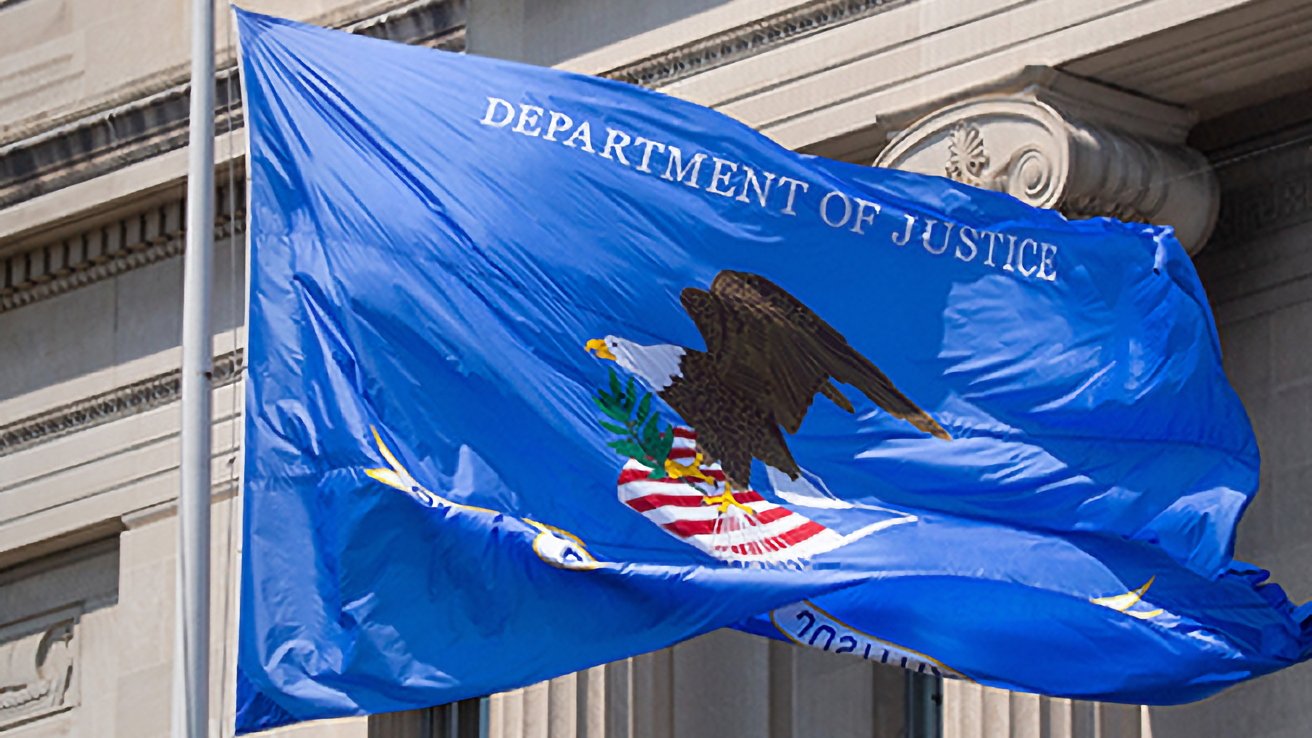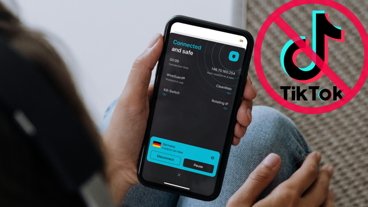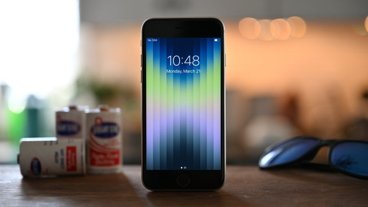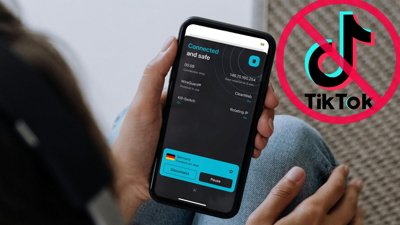The United States Department of Justice seems to be in its final stages before filing an antitrust suit against Apple.
It has been a long and winding road if you've been following the DOJ's probe into Apple's business practices. Spotify started the process in 2019 with pushes from Apple's other competitors following suit in 2020, 2021, and 2022.
It was claimed the DOJ was drafting an antitrust complaint against Apple in 2023. Finally, according to a report from Bloomberg, Apple has had the customary pre-filing meeting referred to as "last rites" before a lawsuit is filed.
Despite hearing this song and dance for multiple years in a row, the meeting is the truest sign yet that the United States Department of Justice is ready to file an antitrust suit against Apple. The lawsuit would focus on Apple's practices as the judge, jury, and executioner of the App Store and its locked-down operating systems.
The DOJ was likely waiting to see what Apple's response to the EU's Digital Markets Act would be. It developed over 600 APIs to allow third-party app marketplaces to distribute apps outside the App Store.
Now that these changes are implemented in iOS 17.4, there is a chance that the DOJ will attempt to get the same feature changes in the United States. However, there hasn't been universal praise for Apple's so-called malicious compliance.
The lawsuit took years to develop, so don't expect a swift solution. It could take years of litigation before a solution is agreed upon and implemented, not to mention an impending election that could upend a lot of decision-making.
 Wesley Hilliard
Wesley Hilliard








 William Gallagher
William Gallagher
 Charles Martin
Charles Martin
 Christine McKee
Christine McKee
 Sponsored Content
Sponsored Content

 Malcolm Owen
Malcolm Owen










25 Comments
Again, just offer up 2 versions. One that stays locked down as it currently is. The other is open with side loading and any payment system you desire.
If you stay with the 'Walled Garden', there is an indication to others (in txt and email etc) that you are more likely to be secure.
That's not how it works. The EU didn't prosecute Apple in court. They used the legislative process to create a market cap that says certain activities are legal below the cap and illegal above the cap. In other words, they didn't try to prove that Apple was violating existing antitrust laws in the EU. They just created new laws. So the DOJ isn't really going to be waiting on anything related to the EU since it's entirely irrelevant. The DOJ has to prosecute Apple in court. They have to prove that Apple violated existing antitrust law in the United States.
If the DOJ was going to wait on something it would have been the U.S. Congress. Congress had considered legislation regarding tech companies but it never gained enough momentum to go anywhere.